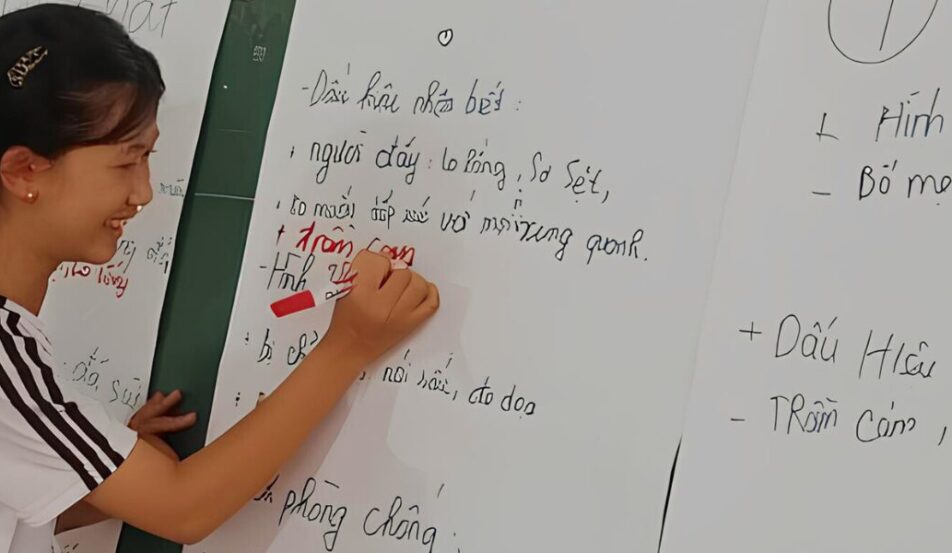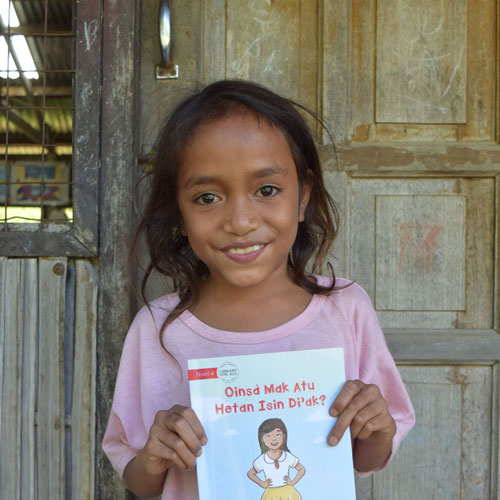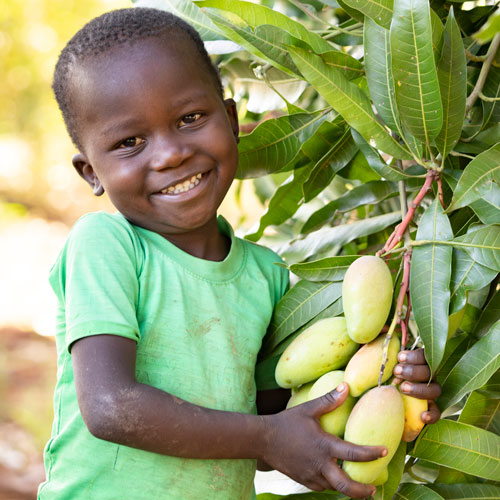What is Human Rights Day?
Human Rights Day is celebrated every year on December 10th to commemorate the adoption of the Universal Declaration of Human Rights by the United Nations General Assembly in 1948. The Universal Declaration of Human Rights (UDHR) is a landmark declaration that declares that everyone, regardless of race, colour, religion, sex, language, political or other viewpoint, national or social origin, property, birth, or other position, is entitled to inalienable rights as a human being.
What is the theme of Human Rights Day 2024?
The theme for 2024 is “Our rights, our future, right now.” This year, the focus is on how human rights serve as a powerful pathway to solutions, acting as a preventative, protective and transformative force –especially during times of crisis.
The theme is closely aligned with the WHO’s Constitution, which recognises health as a basic human right, meaning everyone should have access to the healthcare and support they need, no matter where they live. When a crisis hits, such as a health emergency or natural disaster, human rights can be a powerful tool to protect the most vulnerable. The “right now” in this year’s theme is a reminder that we can’t afford to wait to help build a better future for all.
Everyone, everywhere should be treated with dignity and respect regardless of their race, colour, sex, language, gender, disability, sexual orientation, ethnicity, location, religion, political opinion, nationality, or socioeconomic status.
Dignity, freedom and justice for all, or a human rights-based approach to development, are the most effective ways to minimise inequities and re-establish progress towards the UN’s 2030 Agenda.
Convention on the rights of the child
The UN Convention on the Rights of the Child lays out the rights that children must have in order to reach their full potential.
The Convention presents a view of the child as an individual, as well as a member of a family and community, with rights and obligations that are age and developmentally appropriate.
The Convention acknowledges all children’s intrinsic human dignity and the importance of guaranteeing their well-being and development. It makes clear that a basic standard of living should be a right for all children, not a privilege enjoyed by a select few.
Why are these conventions important to human rights?
Government acts, or inactions, have a greater impact on children than on any other group in society.
Children are impacted by nearly every aspect of government policy, from education to public health. Shortsighted policymaking that ignores the needs of children has a severe influence on the future of all members of society.
Children’s opinions should be heard and taken into account during the political process.
Children’s voices go unnoticed on many crucial topics that touch them now or will influence them in the future. Special attention should be paid to their thoughts – as voiced at home, in schools, in local communities, and even in governments.
Many societal changes have a disproportionate, and frequently detrimental, impact on children.
Globalisation, climate change, a raging pandemic, digitisation, mass migration, shifting work patterns, and a decreasing social protection net all have a significant influence on children in many nations. In times of global emergencies the consequences of these changes can be particularly destructive to children,
The future well-being of any civilisation depends on the proper growth of children.
Children are more vulnerable than adults to poor living situations such as poverty, inadequate healthcare, nutrition, safe water, housing, and pollution since they are still developing. Disease, starvation and poverty all jeopardise children’s futures, and thus the futures of the societies in which they live.
The costs of failing society’s children are enormous.
The findings of social study reveal that a child’s early experiences have a substantial impact on their future development. Their contribution, or cost, to society throughout the course of their lives is determined by their development.
An equal future: supporting all children
At ChildFund we do not believe that a child’s future is predetermined. Every child should be able to select their own course in life, receive an education and live on their own terms.
Together we can give children the tools they need today to succeed tomorrow. Your support will help shift the forces that keep children in poverty, transforming their lives and futures for generations to come.












